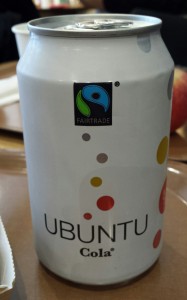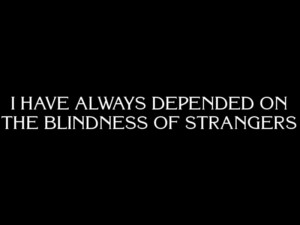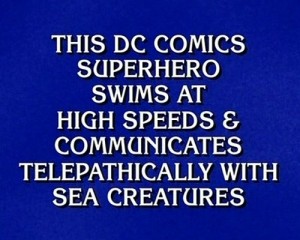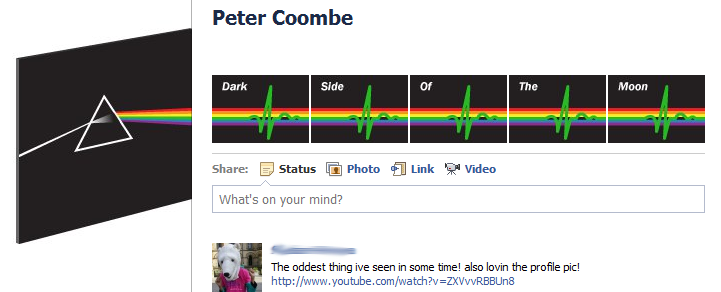I just stumbled across The Gulf War Did Not Take Place (Oddly I was searching for “The Golf War”, an weird little TV show with Matt Berry and Rich Fulcher, but Google insisted on correcting it to the above. It was intriguing so I clicked.)
Now Baudrillard, the author of the articles, seems very much like the stereotypical French “philosopher”. However they do make a fascinating statistical claim: “fewer US soldiers were killed in this ‘war’ than would have died in traffic accidents had they stayed at home”. For no reason I decided to investigate.
Looking into it further, there were a total of 294 US casualties in the Gulf War. However only 114 were due to enemy fire (35 were killed by friendly fire, 145 in accidents).
According to nationmaster.com, the total number of US troops deployed in Gulf War I was about 697,000. And thankfully Wikipedia has an article for everything, including “List of motor vehicle deaths in U.S. by year” (note to self – clean this article up!). That even helpfully gives deaths as a fraction of the population per year; for 1990 it was 0.000178779. So that gives an estimated 125 deaths among the troops, had they all remained at home for a whole year.
Obviously there are a whole host of confusing factors here: different lengths and timings of deployment, soldiers being an age/sex skewed section of the U.S. population and so probably having higher traffic death rates. But although the precise statistics may be debatable, the overall point is a valid one: the Gulf War had a remarkably low fatality rate for the U.S.
Of course this is only deaths, it doesn’t count injuries, PTSD or the mysterious “Gulf War syndrome”. Ironically whilst Googling for analysis of this claim, I found a study (http://www.ncbi.nlm.nih.gov/pubmed/16484030) apparently showing that in the years after the war, veterans suffered significantly more traffic fatalities than non-veterans.
Anyway, I should do some real work now.







